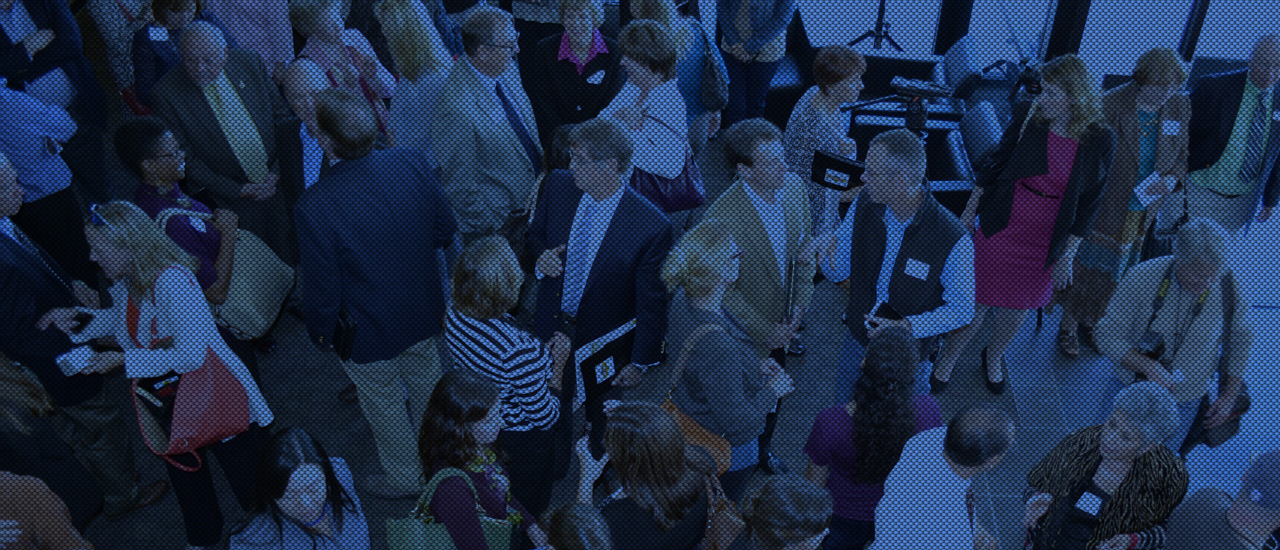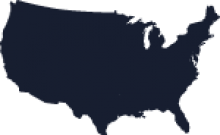
Stifling Free Speech

The price of lawful public dissent must not be a dread of subjection to an unchecked surveillance power. Nor must the fear of unauthorized official eavesdropping deter vigorous citizen dissent and discussion of Government action in private conversation. For private dissent, no less than open public discourse, is essential to our free society.
DESCRIPTION
We should be able to express our minds freely without fear that the government will monitor us, keep a permanent record of our activities, and use that record to harass or coerce us. We certainly shouldn’t have to worry that the very act of offering a dissenting view will invite government scrutiny.
Free speech and privacy are key and directly related components of an effective democracy. Democracy depends on the ability of citizens to forge and speak about their own ideas on government, public institutions, and values. Privacy enables us to develop, refine, and exchange ideas and seek out information that others might find objectionable.
For many, surveillance triggers our instinct to “play it safe,” leading us to change our speech and actions and limit our thinking. Legal scholar Neil Richards summed up how this affects the development of our thoughts and opinions succinctly: “Surveillance inclines us to the mainstream and the boring … We are deterred from engaging in thoughts or deeds that others might find deviant.” One study of the European Union’s Data Retention Directive found that “under pervasive surveillance, individuals are inclined to make choices that conform to mainstream expectations.” Some critics of urban video surveillance argue that placing cameras in places typically used for public protests or signature-gathering may chase people away from those areas. Surveillance thus threatens to suppress the diversity of opinion and critical speech that makes for a vibrant democracy.
Examples of Use
Recommendations
When government agencies consider acquiring and using surveillance systems, communities and their elected officials must both weigh the benefits against the costs to civil liberties and carefully craft policies and procedures that help to limit the negative effects that surveillance will have on fundamental rights. For a useful list of considerations, please visit the recommendations page.
